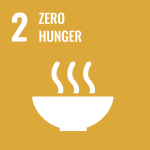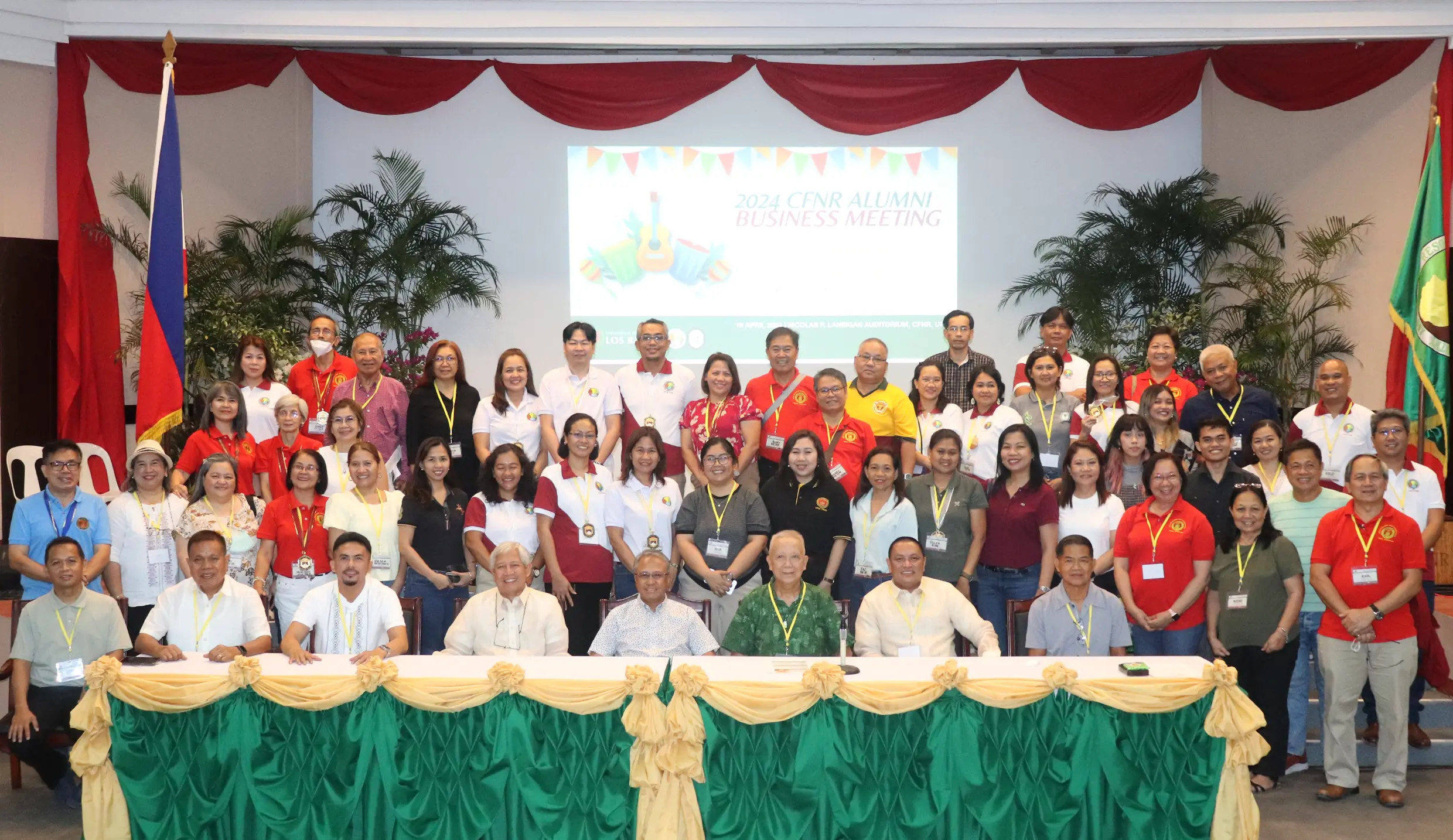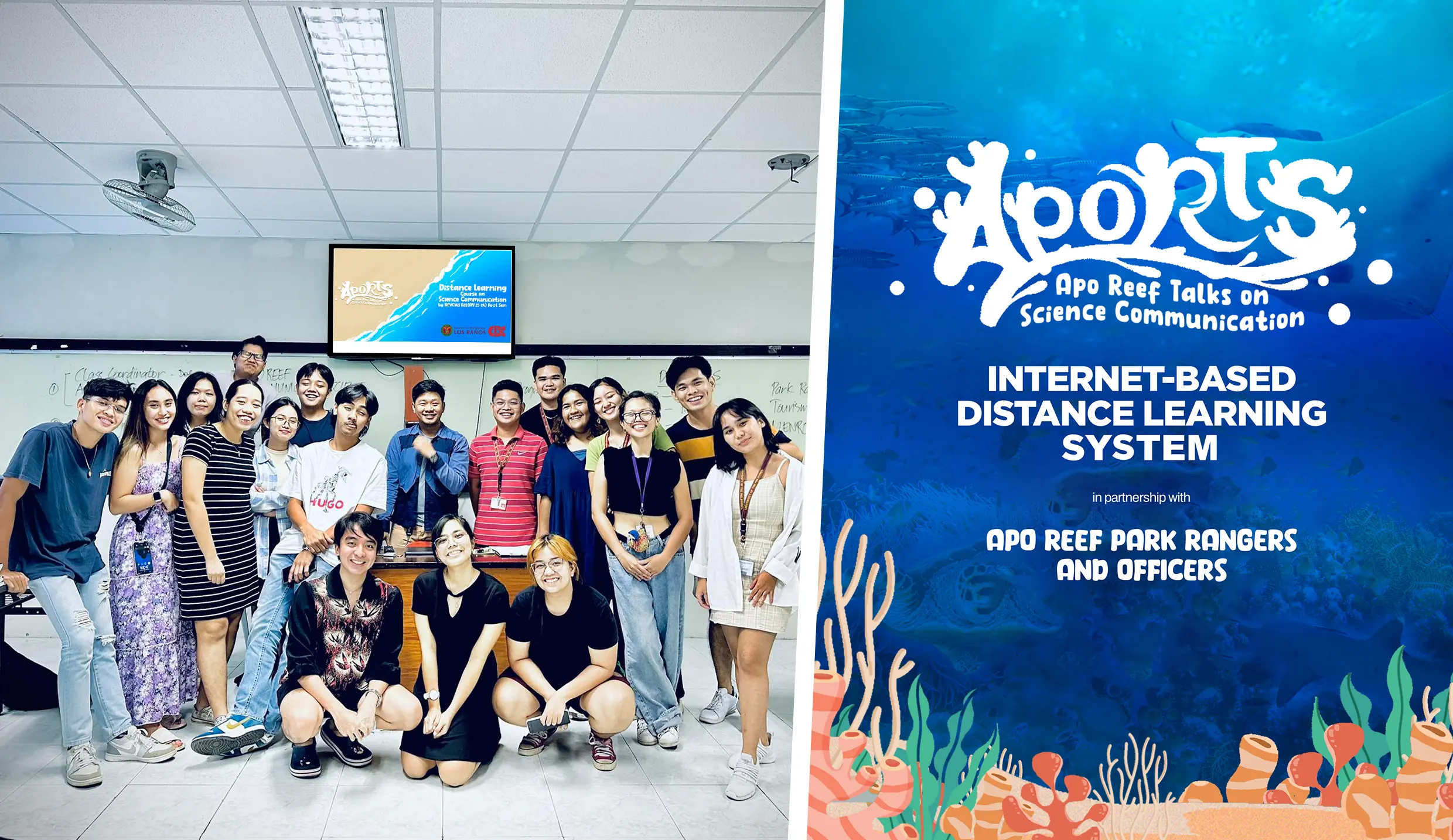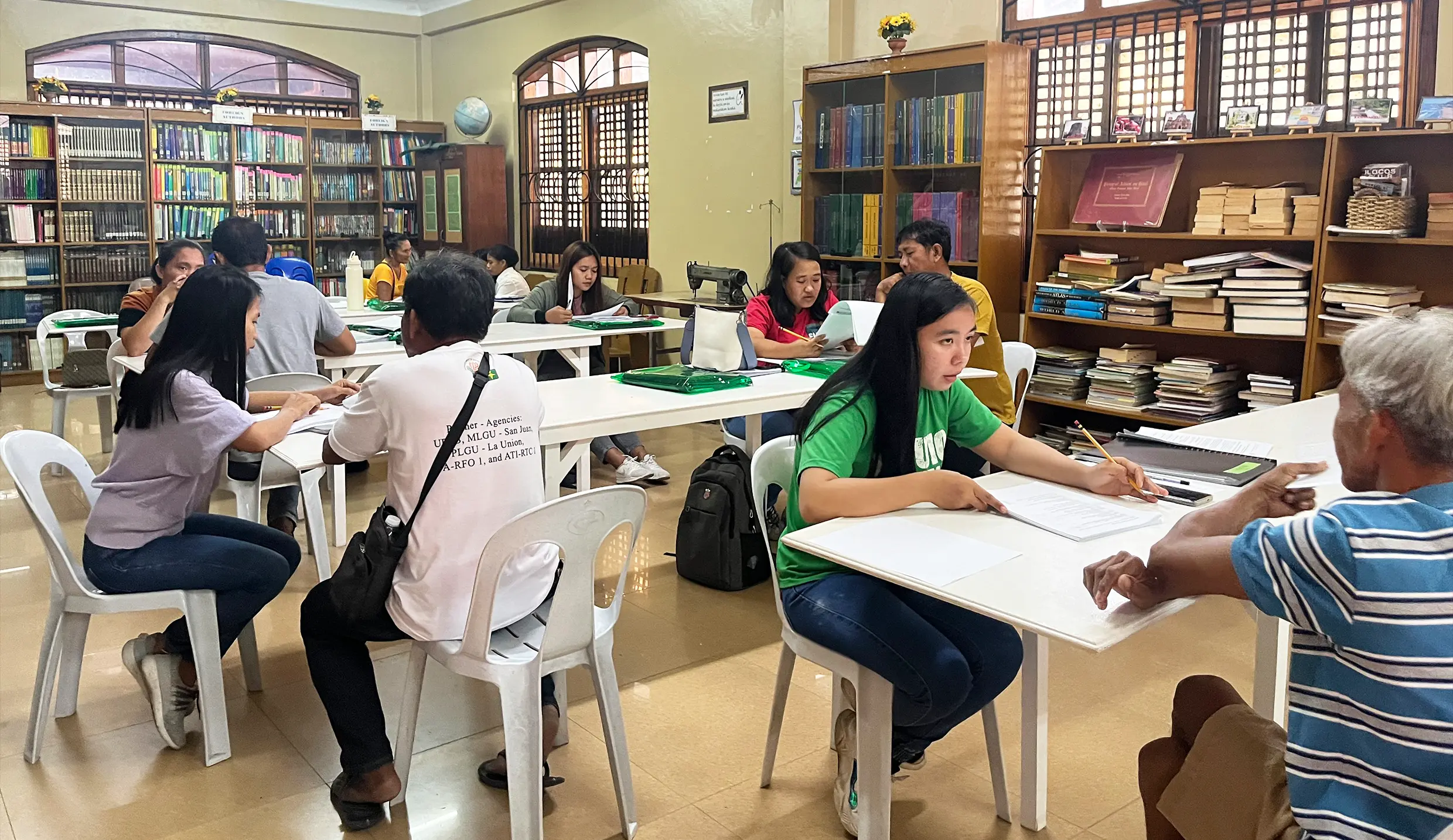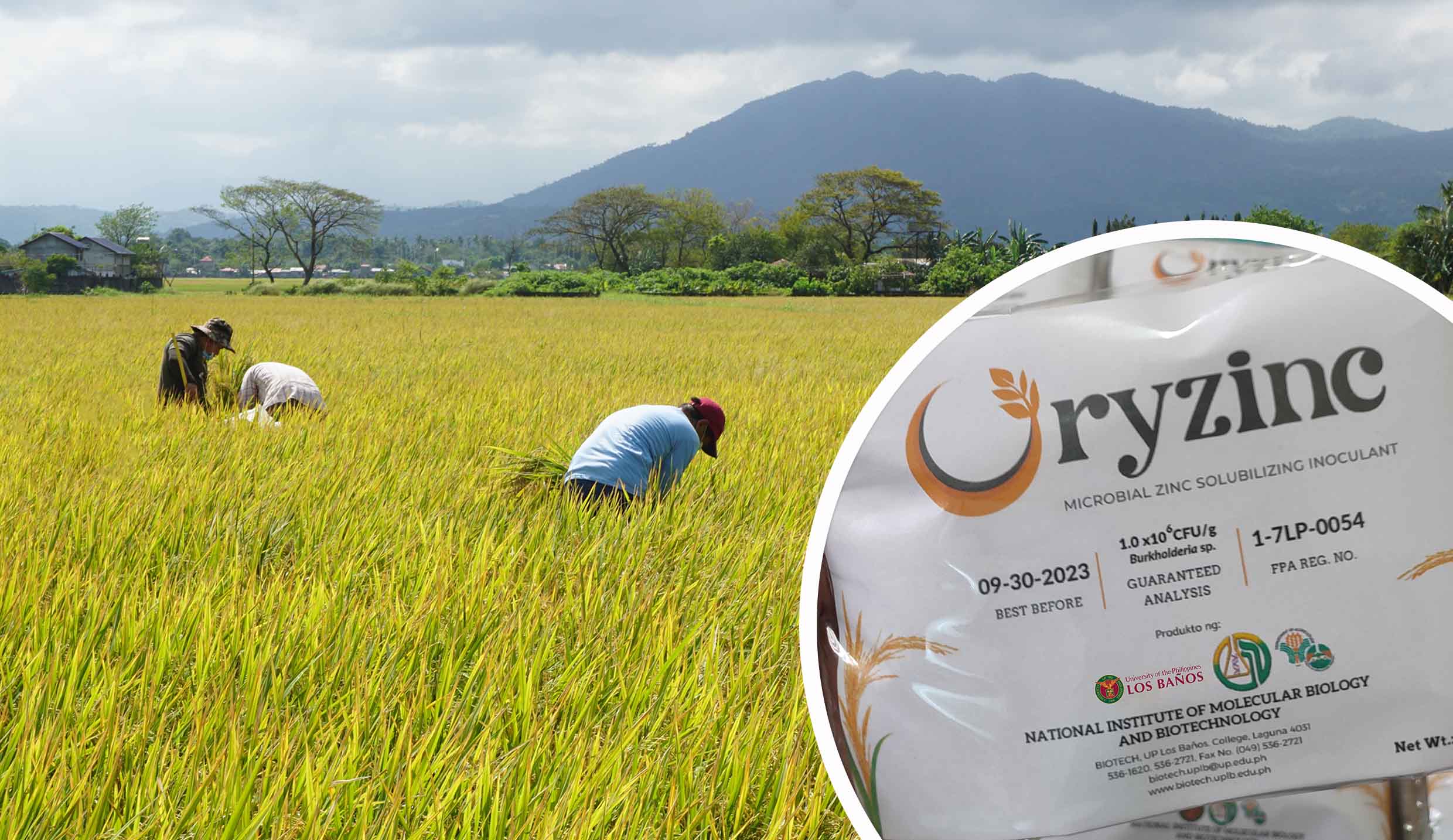
Did you know that one of the most important micronutrients for plant growth and development is also a vital nutrient for human health?
Zinc, a mineral often overlooked, plays a crucial role in plant and human biology. Without enough zinc in the soil, plants can suffer from stunted growth, lower crop yields, and increased susceptibility to disease and pests. Meanwhile, a single zinc atom is needed for the activity of more than 300 enzymes in the human body. Insufficient zinc intake in humans can lead to weakened immune systems, impaired growth and development, and other health issues.
Studies have found that crops grown in soil with low zinc levels can reduce the plants’ zinc content. This means that even if we eat zinc-rich foods, we may need more of this micronutrient if the soil where the crop was grown is not rich in zinc. With zinc necessary for essential physiological processes, ensuring adequate zinc levels in soil and produce is vital for promoting overall health and well-being.
Zinc solubilizing inoculant
UPLB’s National Institute of Molecular Biology and Biotechnology (BIOTECH) developed Oryzinc™. This biofertilizer addresses the need for zinc through research funded by the Department of Agriculture-Bureau of Agricultural Research (DA-BAR).
Oryzinc™ is an inoculant that increases the availability of zinc in the soil by making it soluble; thus, available for plant uptake and use.
Through this research, BIOTECH developed the technology, which uses microorganisms in processing insoluble forms of zinc compounds in the soil to make it available for plant use. This is the first research of its kind in the Philippines.
Oryzinc™ inoculant shows promise against dietary zinc deficiency. Study results showed that it can biofortify the zinc content of rice and corn. Experiments in the growth room and screen house for rice and corn revealed significant improvements in their growth under zinc-deficient conditions. Field experiments in zinc-deficient conditions in rice increased yield by 1.5 to 2 tons/ha, in some cases to as high as 4.5 tons/ha, while rice grain zinc content increased to 40 ppm (parts per million) from 16 ppm without Oryzinc™. In contrast, corn yield increased by 10%, and corn kernel zinc content increased from 16 ppm to 0 ppm.
Oryzinc™ can be used as an alternative to chemical nitrogen and zinc fertilizers. Filipino farmers usually apply chemical zinc fertilizer on their crops, but when the soil is degraded, and its pH is slightly alkaline, insoluble zinc compounds will form, thus making fertilizer application a temporary solution.
Oryzinc™ is inexpensive to produce, reduces dependence on chemical fertilizer, and promotes the conservation, management, and re-establishment of natural microflora and fauna, especially beneficial soil microbes. These microbes suppress soil-borne pathogens, leading to a reduction in pesticide or fungicide use.
A recognized beneficial technology, ready for the taking
Oryzinc™ can be fully mass-produced and distributed as an inoculant. In light of the surge in prices and the rapid decline of fertilizer availability worldwide, Oryzinc™ has been recognized as a viable alternative to expensive chemical fertilizers by public and private agencies, including the Philippine Department of Science and Technology – Philippine Council for Agriculture, Aquatic and Natural Resources Research and Development, Agropages, and several local and international companies.
Oryzinc™ is registered with the Fertilizer and Pesticide Authority and is available for purchase, licensing, and distribution. For more information about this technology, e-mail [email protected]. (Robert A. Nepomuceno)



